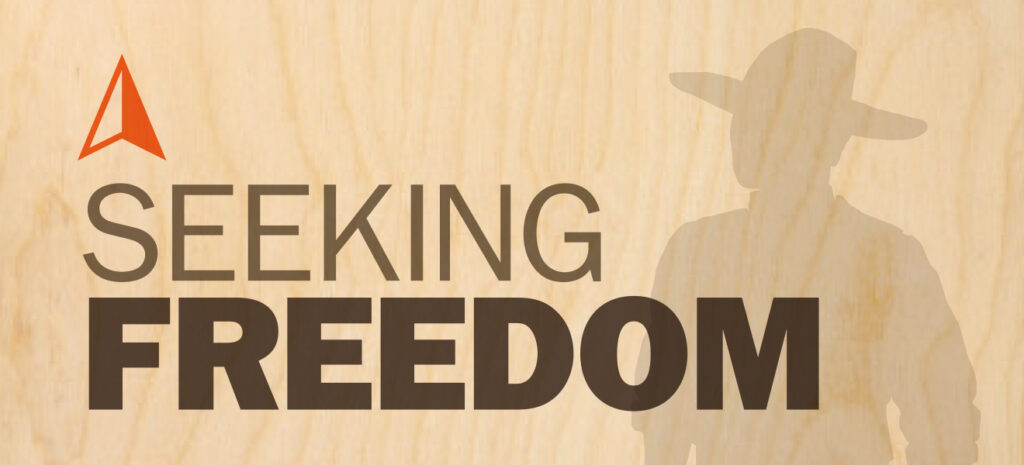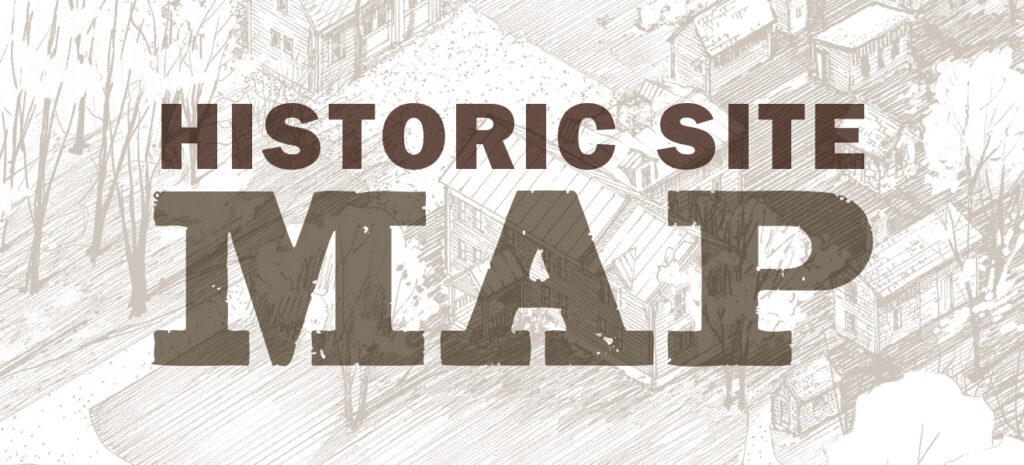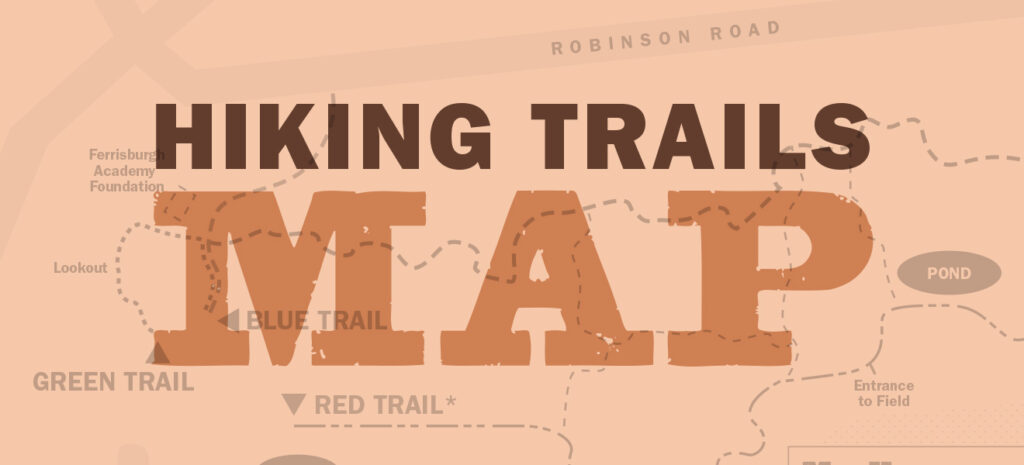Uncovering the History of Rokeby’s Textile Collection
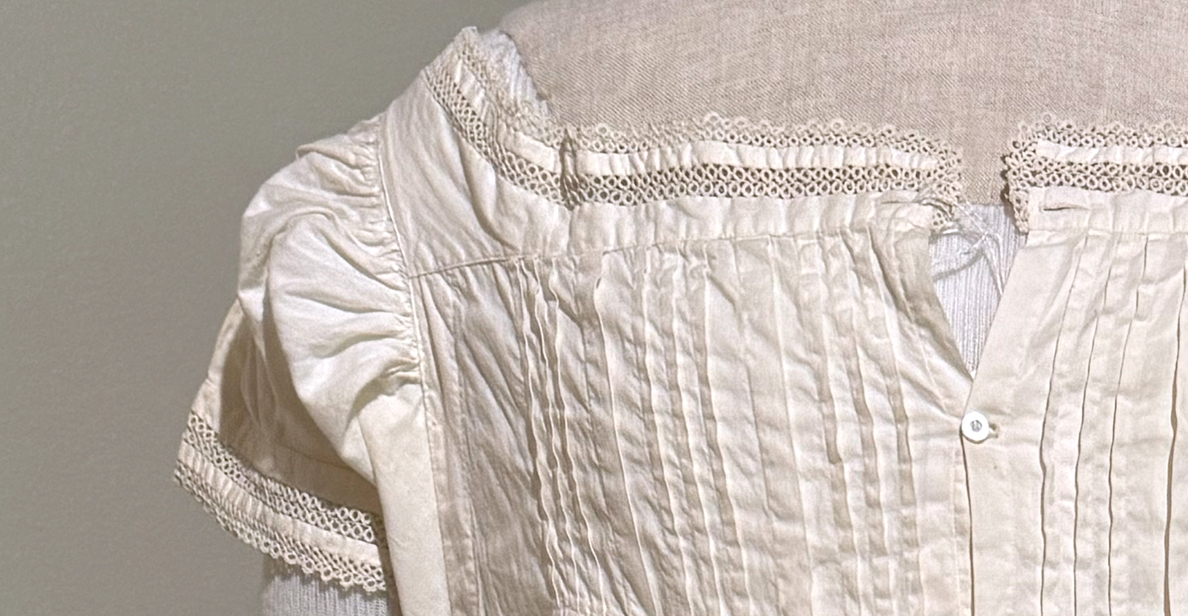
by Joan Gorman, Rokeby Museum
One of the joys of working with the textile collection here at Rokeby has been connecting the four generations of Robinsons who lived here from 1793 to 1961 with clothing, accessories, and linens used by each and sometimes by all. Looking through these items with an eye to suggesting ones to display in our 2024 exhibit, Artifacts and Anecdotes: A Behind-the-Scenes Look at Rokeby Museum, gave me the opportunity to get to know individual family members in ways that merely reading about them could not do.
Read MoreWords have power — the opening of Rokeby’s new main exhibition, “Seeking Freedom”
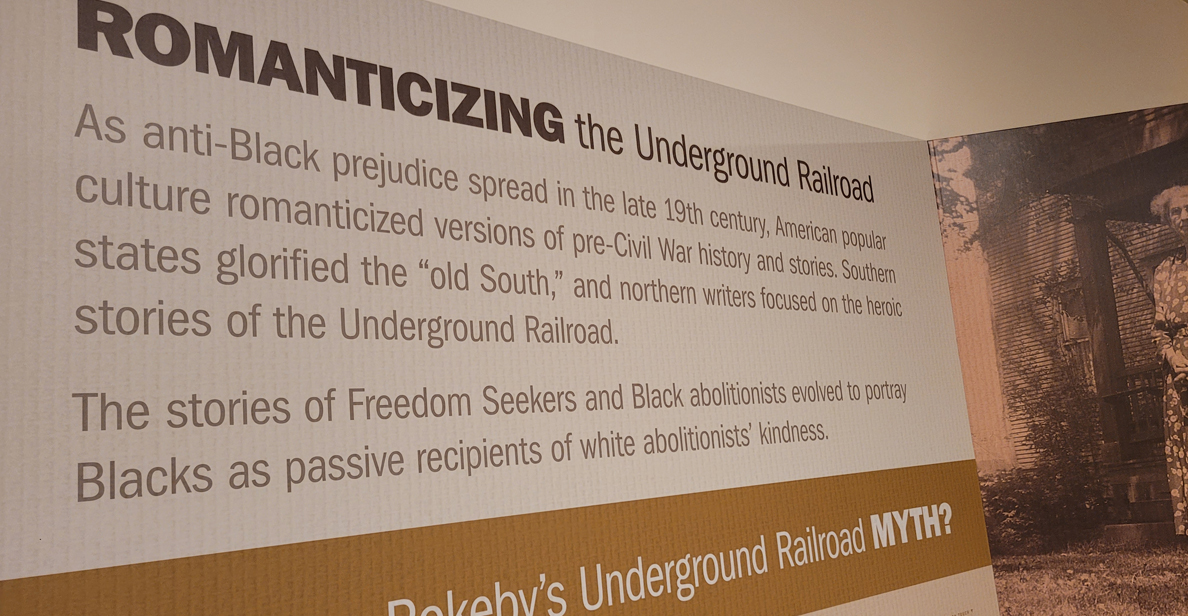
On May 23, 2024, Rokeby Museum opened a new main exhibition on the Underground Railroad.
Seeking Freedom: The Underground Railroad and the Legacy of an Abolitionist Family explores the history of American enslavement, the antislavery movement, and the Robinson family’s complex history as abolitionists. The development of this new exhibition took place over several years, with hours of research, review, and editing going into the final display. Feedback on what the public would like to see in the new exhibition was gathered over several years, with many expressing their wish to have a visual and family-friendly space.
Read MoreVideo: The Movement Towards Historical Recovery: Researching & Reckoning with New England’s Role in Colonization & Slavery
February 15, 2024 — As part of Rokeby Museum’s annual Black History Month lecture series, Meadow Dibble from Atlantic Black Box presented her work on historical recovery in New England.
Read MoreVideo: The Vermont Sampler Initiative: Uncovering a Rich HeritagePresented by Dr. Lynne Anderson, Director of the Sampler Archive Project & president of the Sampler Consortium
For girls growing up in 18th and 19th-century Vermont, school was more than a place to learn the basics of reading, writing, and arithmetic. Plain and fancy needlework was an essential element of the curriculum, and all girls embroidered at least one sampler as part of their education—many embroidered two or more. Dr. Lynne Anderson will describe the Vermont Sampler Initiative’s efforts to locate, photograph, and document these schoolgirl samplers so they can be included in the nationally recognized Sampler Archive, an online database of American samplers and related girlhood embroideries. In addition, she will share some of the project’s important findings and conclusions, using the samplers as evidence. Of particular interest will be her focus on the variety of educational experiences and options available to Vermont’s early daughters, the diversity in needlework samplers that emerged under the instruction of Vermont’s female teachers, the impact of religion and community values on sampler format, and content, and how schoolgirl samplers from Vermont both reflect and participate in the larger New England experience.
Read MoreRacial Learning for Young Children: Rokeby Museum Launches New Education Programming
by Tucker Foltz, Education Programs Manager, Rokeby Museum
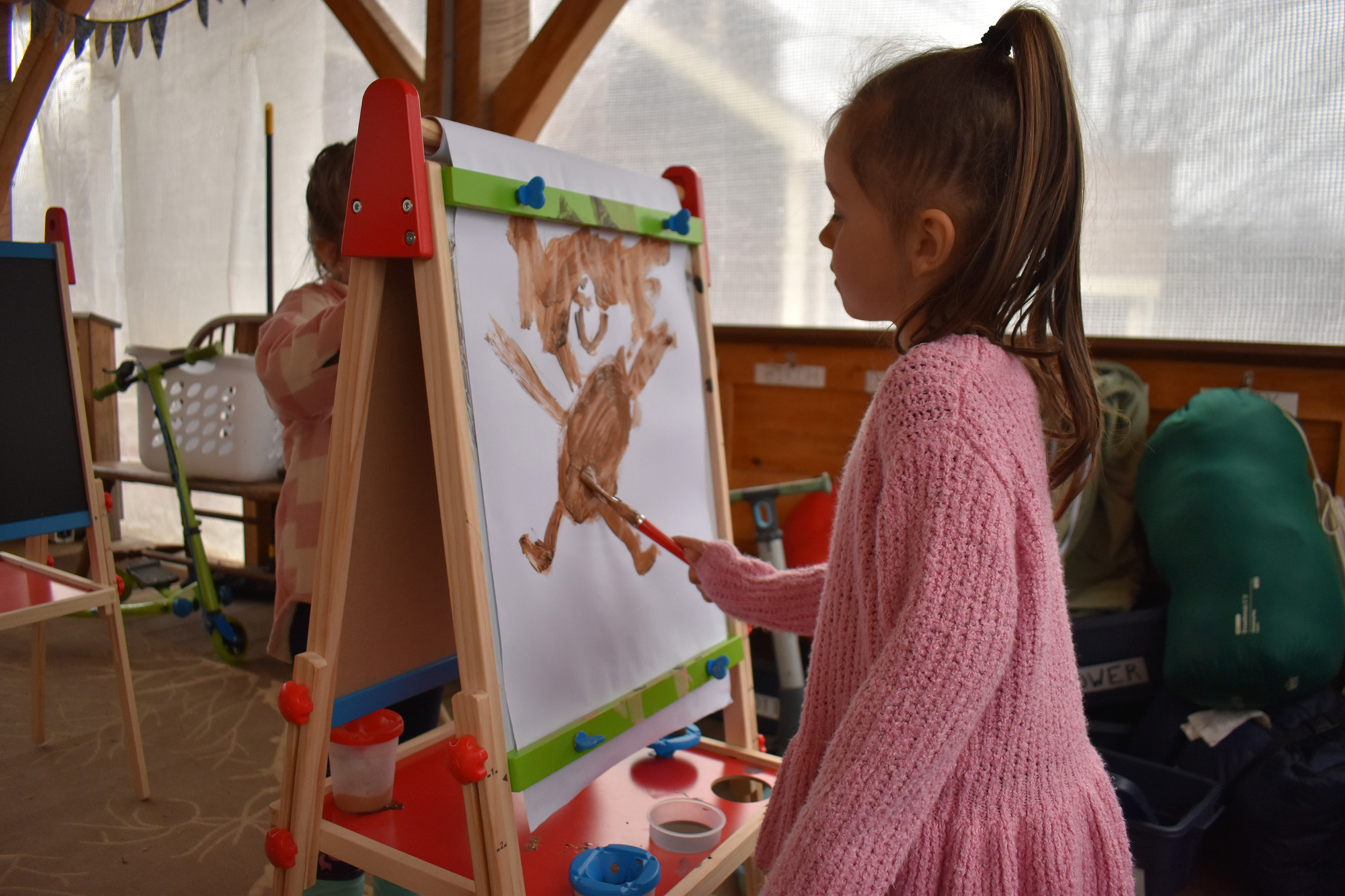
In 2022, Rokeby Museum launched a multidimensional, early childhood racial learning program to offer preschool learners a supportive environment to explore the diversity of the human experience. In its first year, the Museum worked with thirty-four students, aged three to five, at two local preschools: Bridge School Beginners, and the Lincoln Cooperative Preschool. During the school year, I visited each classroom sixteen times, completing learning themes focused on identity, diversity, justice, and action. While racial learning serves as the program core, the structure is adaptable, allowing for adjustments to reflect the individual children in the classroom, and center different anti-bias themes depending — be that language, economic class, body size, LGBTQ+ representation, culture, and so on.
Read More Rokeby Museum
Rokeby Museum

